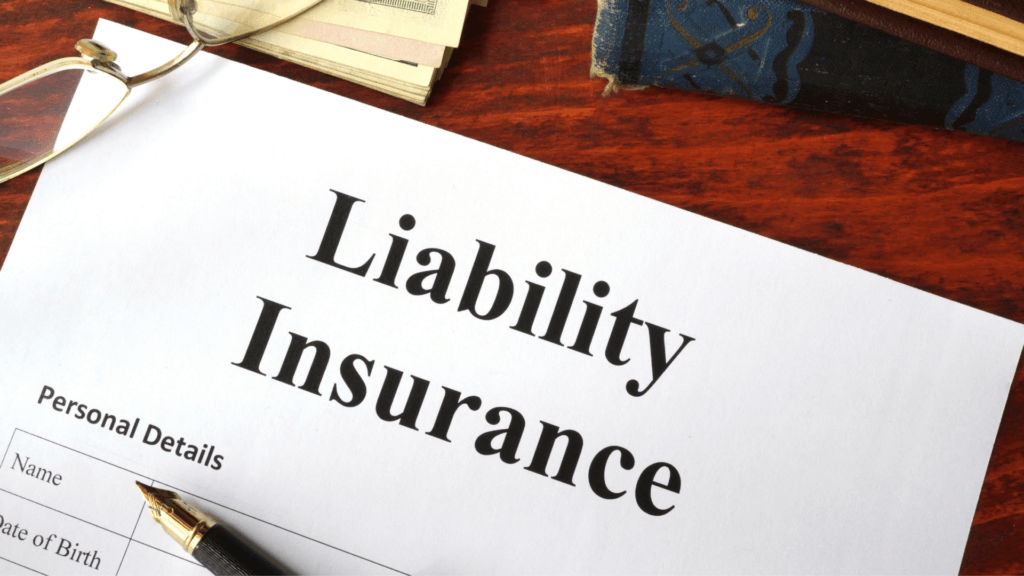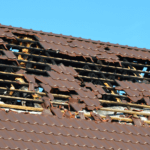
Business owners have a lot to worry about when it comes to maintaining commercial property. Protection for damage to the property, in particular, is often a top priority. There are many different insurance policies out there that can offer businesses protection, one specific policy is property damage liability insurance. It is important for business owners to understand the differences between other types of commercial property coverage and property damage liability insurance so they can make the best decisions for their companies and ensure they have the most comprehensive property damage coverage available.
Property Damage Liability Insurance
Property damage liability insurance is a form of general liability insurance that protects a business against claims of bodily injury and property damage lodged by customers, clients, contractors, and others on the property. General liability coverage essentially acts as a buffer between the policyholder and claims that may arise during normal business operations. For example, if a client or customer is injured after slipping and falling on the property and/or if that person’s property is damaged in the fall, general liability insurance would cover both the medical expenses and the damaged property.
General liability insurance helps protect a business from a variety of possible claim scenarios that include:
- Bodily Injury: Coverage for the medical costs resulting from any bodily injury a client or customer sustains on the premises of a business.
- Property Damage: A business may be legally responsible if a customer or client’s property is damaged while at the commercial property.
- Reputational Harm: Reputational harm may occur if someone spreads information about the business that could hurt the company financially.
Property Damage Liability Insurance vs Commercial Property Insurance
As a subset of general liability insurance, property damage liability coverage protects a company from financial loss should it be found liable for causing property damage, personal injury, or an advertising injury. Property damage liability insurance can be used to cover costs resulting from claims made against the business, medical expenses if a customer or client is injured at the business, advertising injury claims against the business, administrative costs to handle the claims, and any court costs and settlements.
Although property damage liability insurance is very important for companies to have, it does not cover property damage caused by a natural disaster, severe weather event, fire, vandalism, or damage to commercial vehicles. These and other possible calamities a business may encounter can be covered under separate policies or endorsements. This is particularly notable, as property damage liability insurance is less comprehensive and more specific – especially when compared with commercial property insurance.
Commercial property insurance protects a company’s premises and other physical assets from fire, explosions, burst pipes, water damage, natural disasters, storms, theft, and cases of vandalism. Specific events like earthquakes, floods, and windstorms may be excluded from commercial property coverage unless they are added through a policy endorsement or by purchasing a separate additional policy.
Not only that, but commercial property insurance also covers items located within the property that may become damaged, including equipment, furniture, product inventory, supplies, fixtures, and more. Commercial property insurance can also be used to cover the costs associated with repairing or replacing stolen, damaged, or destroyed property.
There are many distinctions and specifications that must be taken into account when insuring a business. Although many policies may appear to offer complete coverage for everything a business may need, this is not the case. Multiple policies and policy endorsements will need to be purchased by a commercial property owner to ensure complete coverage. Regardless, even if all the right insurance policies have been purchased, policy language can be hard to decipher due to the language being incredibly nuanced and specific to the industry. Having the insight of an experienced insurance coverage attorney can help commercial property owners know exactly what coverage they have in place, while also helping to detect any gaps in coverage that could hinder the company down the road.
Insurance Coverage Attorneys
Although a seemingly straightforward process, ensuring a business can quickly become frustrating. Not knowing whether or not a commercial property is fully insured can put operations in jeopardy of being exposed to specific vulnerabilities. However, even if a company has all the right policies in place, business owners may find their carriers use bad faith tactics to avoid paying valid claims. The use of these unethical methods can hurt policyholders looking to return their operations to full working order.
At Raizner Slania, our firm is familiar with the tactics insurance companies use to avoid paying out on claims. If you are a commercial property owner in need of assistance with an existing policy or if you find your claim has been wrongly delayed, denied, or underpaid, we can help. Contact our office today for more information on how we can help with your commercial coverage needs.


